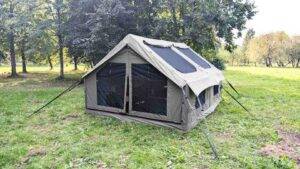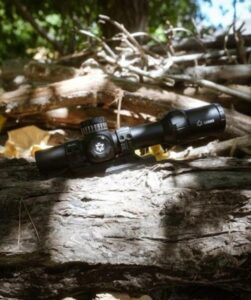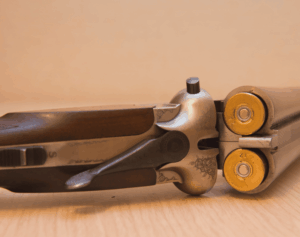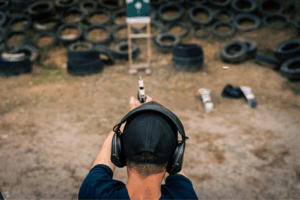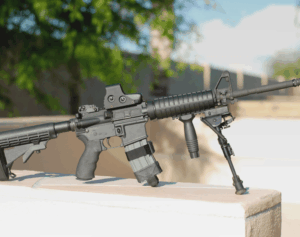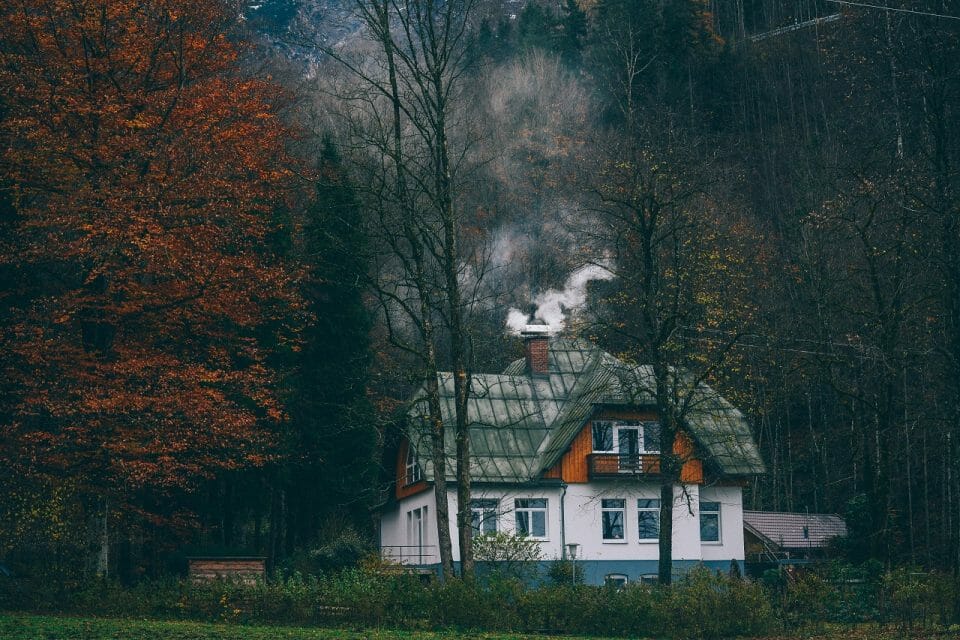
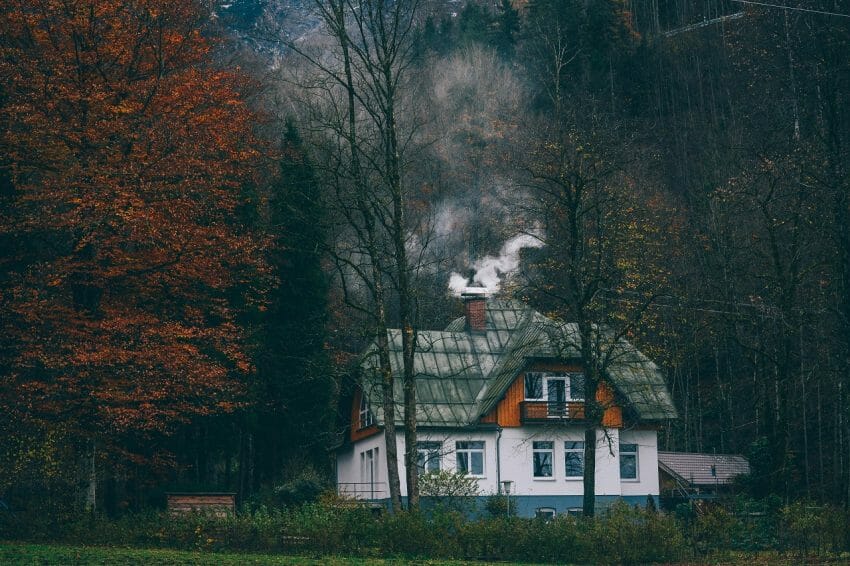
If you are reading this article, you have decided to buy a generator. whether you are moving into a new estate/homestead or you need to replace your old one, it doesn’t hurt to know what kind of generators are out there and what might be the best option for you.
Homestead or ranch owners know better than anyone else that there’s no certainty when it comes to Mother Nature, and you always need to have a backup plan. A backup generator is a necessity when it comes to dealing with unpredictable weather.
Know Your Type
There are 8 types of generators that you need to be aware of, 7 of which are electric.
Gasoline Generators
These are most commonly available. They are available in portable or large standby sizes. The downsides of gasoline generators are they are not eco-friendly, as they produce a lot of emissions.
Also, the fuel cannot be stored for more than 12 months. If you live in a colder climate, they are not easy to start.
Diesel fuel-powered Generators
The second most readily available generators are diesel fuel-powered models. Diesel is the least flammable fuel source. These generators are more efficient and perform better, but they are less portable.
You can easily store the fuel for 24 months, and they handle cold climates pretty well (but not so much in wet conditions). Before you get a diesel fuel generator, find out the emission limit for your area as diesel emissions are pretty high.
If you want to buy one, you can check out https://www.ablesales.com.au/industrial-diesel-generators/21kva-to-55kva-single-and-3-phase/ for more information.
Propane Generators
These are popular among homestead owners as they are fairly quiet and handle cold weather well. These types of generators burn clean and produce very low emissions.
They are also easily available everywhere and can last a long time if properly maintained. But propane is highly flammable if kept under pressure. These models are also costly to buy, install, and operate.
Bio-diesel Fuel Generators
The newest addition to generators. They are eco-friendly and use less non-renewable sources. The fuel can also be stored for 24 months. The mixture of the fuel must always be kept at an 80:20 ratio.
As they are still new to the market, they are not available in all regions. The fuel is also not readily available, and this can cause inconvenience during power outages.
They are not a good choice if your estate is near a forest or in a quiet environment with close neighbors, as they are noisy enough to disrupt your neighbors and local animals.
Emulsified Diesel Generators
They are a hybrid between diesel and bio-diesel generators. They use a mix of diesel with water and mixing agent.
Natural Gas Generators
They are very common and can be found everywhere. The fuel line is directly connected to the generator, so there’s no chance of you ever running out of it or having any issue in refilling it.
They create little to no waste and even run without power. They are inexpensive but costly to install and not as long-lasting as diesel generators. You have to be careful about dangerous leaks and as well as fracking.
Hydrogen Generators & Biogas Generators
These two are slowly becoming available in new markets. Hydrogen generators are nontoxic and produce more energy than other generators, but they are also more expensive.
Biogas does not use a pre-made fuel source; you have to make your own with manure and food waste. It is fueled by methane gas. This can be pretty complicated and time-consuming. Also, methane can be highly flammable.
How Many Watts Do You Need?
It is extremely vital that you calculate accurately how much energy is consumed by your estate/homestead during a power outage. This will help you determine what kind of generator you need and how powerful it has to be for all your important appliances to function.
You can do this calculating the approximate wattage required by the appliances you need. The owner’s manual that comes with each appliance will have the energy consumption listed.
A homestead generally requires a very large amount of energy to operate everything. To save costs, it is better if you list the electric appliances you need in an emergency and can’t do without in a power outage and only power them.
Your furnace, a well that needs a backup pump, and a refrigerator, so that food doesn’t go to waste, can be considered some of the emergency appliances.
Important Factors to Consider
Before you choose a generator, there are some questions you need to ask yourself.
- Do you need a portable or a permanent generator?
- What’s the least number of appliances you need running in a time of no power?
- Do you want an automatic generator or one that saves power when no one is around?
- How much can you afford?
- How low should the environmental footprint be?
After you have listed the answer to all of these questions, we can move on to the next important factors.
Dual fuel generators are worth the extra outlay you spend because at times when you can’t easily get natural gas and propane in remote areas, you will still be able to get diesel and gasoline even the smallest of towns
Fuel Source:
One of the most important factors you need to consider is the fuel source. Which fuel works best for you? This will mainly depend on the location and size of your estate and the climate you live in.
If you choose gas-powered generators, you need to maintain the fuel source carefully. It’s best to keep a backup of at least two 5-gallon tanks ready and within reach in a safe place.
Anything that’s powered by diesel has less chance of catching fire, and they are also a great option for the colder climates. But, they don’t offer many portable options.
Propane is a great choice for any condition and climate. Like gas generators, they also come in many portable models, but propane generators are highly complex and require licensed professionals for installation.
Time:
Another important factor to consider is the amount of time you are going to invest in your estate/ranch.
The amount you pay for the generator is one-time and up-front, so you would want a greater return for your investment depending on the years it serves you.
Safety Precautions:
Like any other fuel-burning device or tool, generators run a risk of producing the gas carbon monoxide. Carbon monoxide is an odorless, colorless gas that can result in being poisonous if it builds up in a closed, small space.
But, the buildup is also preventable if you are careful in maintaining your generator according to the instructions in the manual and get yearly inspections.
Final Thoughts
You can spend a lot of money and buy the best generator on the market, but like all things, unless you maintain it, it won’t last.
Careful maintenance and adherence to safety precautions will ensure that your purchase will be cost and health-efficient, bringing you peace of mind and the smooth running of your estate.

